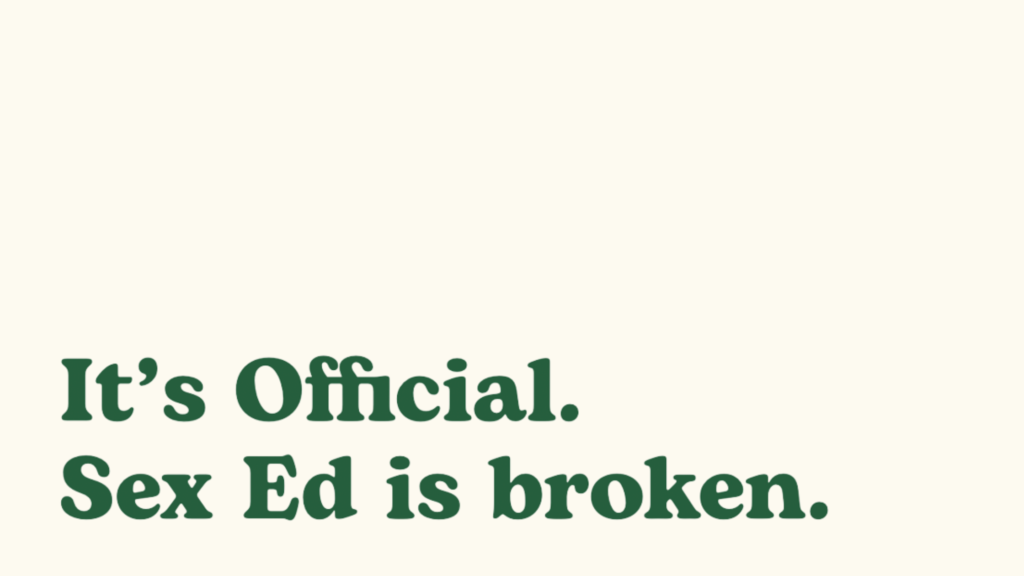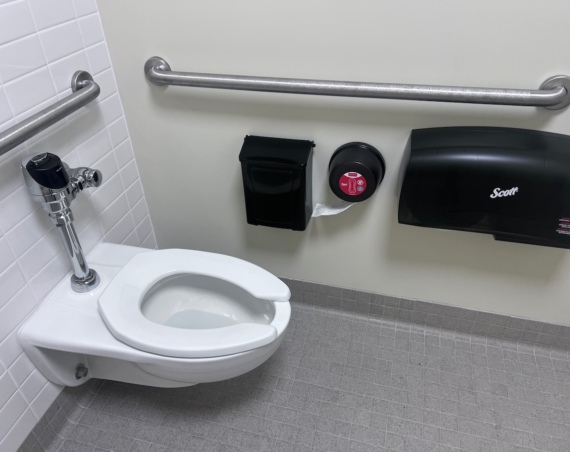
Rescripted‘s “State of Sex Ed in 2023” report exposes alarming realities about sex education in the digital age. Despite relying on social media for information, 76% of individuals distrust it as a source of misinformation. Moreover, the survey of 1,000 Rescripted community members highlights a lack of self-awareness, with only 29% feeling like experts on their own bodies.
Inadequate Knowledge
The report indicates that comprehensive sex education is lacking, with only 35% feeling educated about menstrual cycles and merely 18% understanding their hormones. Such knowledge gaps leave individuals ill-prepared to make informed decisions about their reproductive and sexual health.
Taboos and Misconceptions
Misunderstandings around sexual health persist, as 32% believe people who menstruate cannot pee while using tampons and 25% feel uncomfortable discussing crucial topics like birth control, fertility or STIs with with partners. These misconceptions hinder open communication and contribute to risky behaviors.
Relying on Unreliable Sources
Perhaps most concerning is the fact that 94% of people turn to the internet or social media for answers about their reproductive and sexual health, despite – as mentioned before – 76% of them not entirely trusting these platforms and viewing them as sources of misinformation.
A Call for Change
The “State of Sex Ed in 2023” report calls for urgent action to improve sex education in the digital era and urges society to prioritize comprehensive sex ed for all ages. “Sex Ed is broken, and we now have the data to prove it”, says Rescripted Co-founder & Chief Creative Officer Kristyn Hodgdon. “In being taught how to put a condom on a banana when we were 13, we learned pregnancy prevention — not how our bodies actually work. As a result, we now have an entire generation of young people that has unintentionally become reactive instead of proactive about their reproductive and sexual health. That stops here. We know education is a key social determinant of health, and at Rescripted we’re making up for lost time by providing women (and men!) with science-backed reproductive and sexual health content that meets them exactly where they are, so they can feel empowered over their bodies, be their own health advocates, and make informed decisions with the help of a trusted provider. Here’s to rescripting the conversation around women’s bodies — from first period to last period.”



